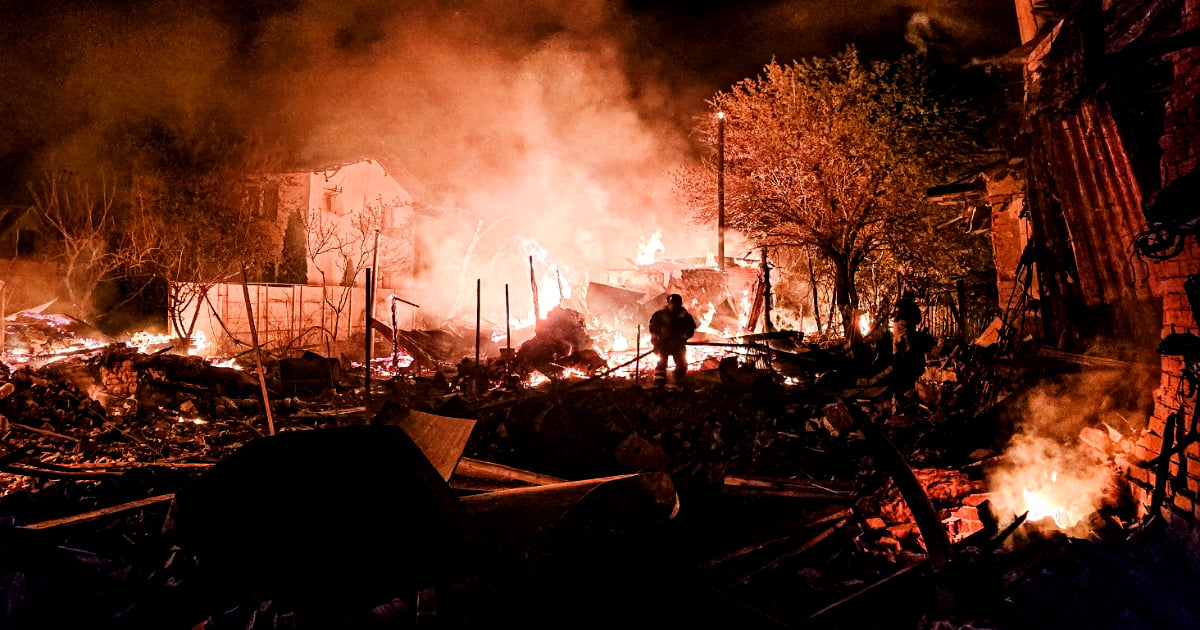The release of the first article in a dossier detailing the recruitment of 1,028 Cubans by the Russian army to partake in the invasion of Ukraine sparked intense debate across social media platforms, particularly on CiberCuba's Facebook page. Rather than a widespread condemnation, the immediate reaction revealed a disturbing trend: an aggressive and misinformed defense of Cuban mercenaries' involvement in a foreign conflict, largely driven by regime supporters known as "clarias."
These accounts, which often appear to be fake or propaganda-driven, echoed official narratives, downplayed the severity of the situation, and diminished the illegality of mercenarism with morally questionable arguments like "nobody forced them," "everyone goes to war for money," and "it's better than starving in Cuba." This resulted in a digital cesspool of comments where ignorance, cynicism, and blind allegiance to power merged into a crude defense of sending young Cubans, some under 20, to kill and die in an imperialist war.
Individuals who dared to question this narrative were insulted, labeled as "worms," "traitors," or "frustrated Yankees," echoing the repressive playbook of the Castro regime, now in its digital 2.0 version.
The Digital Denial: When Slogans Drown Out Evidence
A recurring pattern among regime defenders was the claim that "everything is a lie." Despite CiberCuba's article citing multiple verifiable sources—like the Ukrainian project "I Want to Live," international media, video testimonies, hacked Russian official documents, and cross-referenced data from a leaked Excel sheet—a vocal group of commentators dismissed it as fake news.
What drives someone to systematically deny the obvious, even when the facts are documented and linked to verifiable data? This phenomenon isn't new in the Cuban digital ecosystem; it's a reflection of the ideological conditioning imposed by the regime over decades.
Those who shout "lie" at every revelation aren't seeking truth. They don't verify sources, read carefully, or investigate independently. Their reaction is automatic, almost Pavlovian: any information contradicting the state's narrative must be false. It's an emotional, not rational, defense.
Blind Faith in the Indefensible
The participation of these "clarias" is neither spontaneous nor harmless. In the Cuban digital landscape, these profiles operate as ideological containment squads: distorting debates, misinforming unsuspecting readers, and most importantly, normalizing the abnormal.
In this case, their narrative attempts to justify the unjustifiable: young Cubans being sent to a foreign war, recruited under deceit or extreme necessity, and serving an invading power. This is a blatant violation of ethical and legal principles, even those supposedly upheld by the so-called "Cuban revolution," like anti-imperialism and self-determination of peoples.
Yet, the rhetoric of the "clarias" doesn't allow for contradictions. For them, if the government permits it, it's acceptable. If the dead are poor and anonymous, they don't matter. If the payment is in rubles, everything is justified. Their loyalty is to the narrative, not the truth, and their mission is not to engage in debate but to crush any critical thought that might threaten the regime.
A Reflection of Moral Emptiness
Defending Cuban mercenarism reveals something deeper: the collapse of civic and moral education in a society devastated by decades of propaganda, repression, and scarcity.
Many comments, even those not from "institutionalized clarias," reflect a distorted worldview where violence is justified by poverty, obedience is a virtue, and dignity is auctioned to the highest bidder.
This desperate pragmatism is no accident. It's the product of a system that has destroyed the capacity to dream and replaced ideals with the instinct for survival. It has punished honesty and rewarded submission, making misery a state policy.
Ethical Implications: What Does This Say About Us?
Justifying mercenarism with hunger is a civilizational defeat. Cuba, as a nation, cannot continue to justify its youth fighting—and dying—in foreign wars because "they have no other choice." This is the essence of a failed state.
The Cuban regime, with its complicit silence, is not only selling human lives but also corrupting the last values that could save it from total decay. And those who applaud this moral degradation, from the comfort of a state connection or the anonymity of a fake profile, are functional pieces of that same corrupt machine.
Defending mercenaries is not just a symptom of ignorance or manipulation; it is a form of dehumanization. Because when we accept that others kill or die for us, in exchange for a contract signed in a language they don't understand, we cease to be citizens and become accomplices.
Between Fear, Misinformation, and Cynicism
The online debate has shown that we are not just facing a geopolitical problem, but a profound crisis of values.
The "clarias," with their insults and rants, are not the problem itself; they are the mirror of a society where dictatorial and totalitarian power, which despises the individual and ignores their human rights, has metastasized even in the conscience.
And if this list of 1,028 Cuban mercenaries in Ukraine teaches anything, it is that the great battle for Cuba's freedom will not be solely political or economic. It will also be—and above all—a moral battle.
Understanding the Cuban Regime's Digital Tactics
What is the role of the "clarias" in Cuban social media?
The "clarias" are supporters of the Cuban regime who aggressively and often misinformatively defend the government's narratives on social media, distorting debates and normalizing the regime's actions.
Why are Cuban mercenaries being recruited to fight in Ukraine?
Cubans are being recruited due to extreme necessity or deceit, to fight in a foreign conflict as mercenaries, serving the interests of a foreign power rather than their own nation.
How does the Cuban regime benefit from digital denial?
By fostering digital denial, the regime protects its narrative, discourages critical thinking, and maintains control over the population by ensuring any contradicting information is seen as false.
